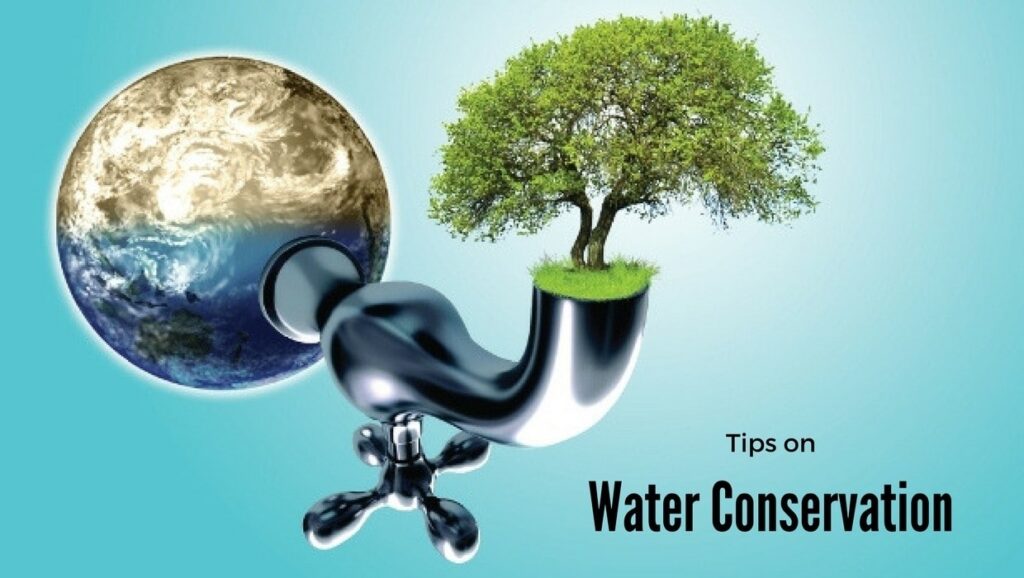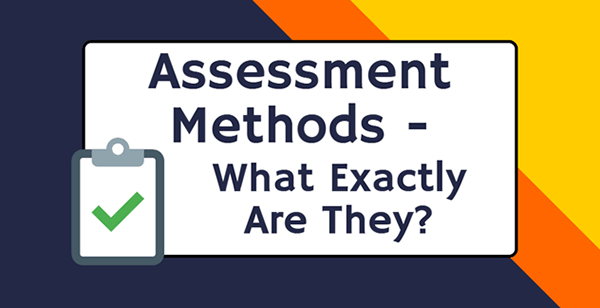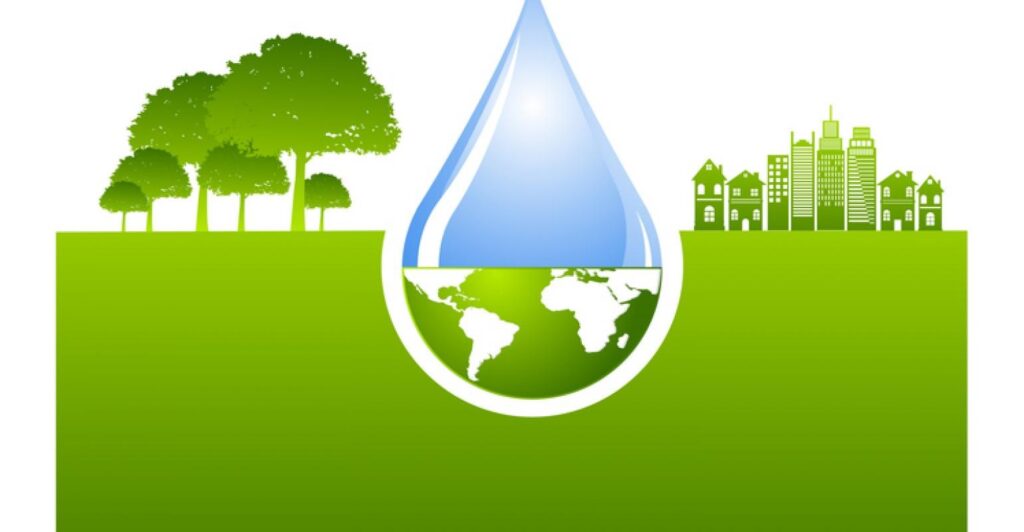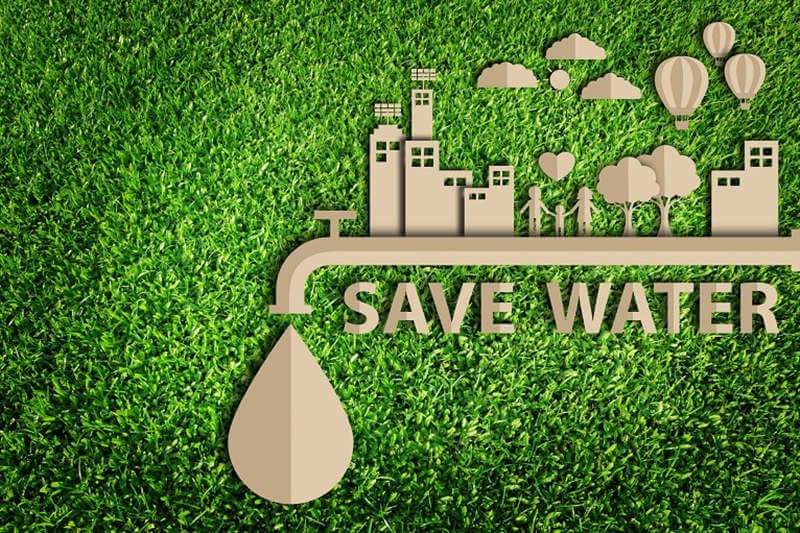Diploma in Sustainable Water Resource Management (Level 5)
Sustainable Water Resource Management
- Our Overview
- Course Details
- Program Structure
- How To Apply
- Entry Requirements
- College Materials
The Diploma in Applied Sustainable Water Resource Management (Level 5) program at The Marvelous University of Technology and Applied Sciences (MUTAS) is designed to equip students with the knowledge and practical skills necessary to manage water resources sustainably. This program integrates theoretical learning with hands-on experiences to prepare graduates for careers in water resource management in Zambia and the SADC region.
The Diploma in Applied Sustainable Water Resource Management (Level 5) builds upon the foundational knowledge established in prior studies and serves as the second year of the Bachelor’s Degree program in Applied Sustainable Water Resource Management (Level 7). Tailored to meet the evolving needs of the agricultural industry, this diploma equips students with advanced skills and insights crucial for success in diverse roles within the sector. Delivered by both local experts and international practitioners, the program emphasizes practical training and industry-specific competencies, fostering graduates who are adept, innovative, and entrepreneurial in their approach to agricultural production.
Designed for individuals with a passion for agricultural advancement, the Diploma in Applied Sustainable Water Resource Management offers a dynamic blend of theoretical exploration and hands-on learning. Graduates emerge prepared for a wide array of career opportunities in agriculture, spanning from farm management to agricultural technology consultancy.
At Level 5, the program delves deeper into agricultural technology and production management, offering specialized knowledge and skills essential for professional growth in the field. Moreover, it serves as a pivotal progression point for students aiming to pursue further academic achievements, including a Bachelor’s Degree in Applied Sustainable Water Resource Management (Level 7), enabling them to refine their expertise and specialize in their chosen area of interest.
Who is this qualification for?
The Diploma in Applied Sustainable Water Resource Management (Level 5) caters to individuals already working or aspiring to work in diverse agricultural sectors, aiming to elevate their career and expertise in water resource management. This program is well-suited for those seeking specialized skills and a robust understanding of agricultural technology to excel in their current roles or transition into advanced career opportunities within the agricultural domain.
This program is suitable for:
- Individuals with a background in construction-related fields seeking to advance their careers in quantity surveying.
- Professionals working in the construction industry who wish to specialize in Sustainable Water Resource Management roles.
- Graduates of related diploma programs or equivalent qualifications looking to specialize in quantity surveying.
- Entrepreneurs and small business owners involved in construction projects seeking to enhance their knowledge and skills.
What makes this course special?
The Marvelous University of Technology and Applied Sciences (MUTAS) is one of the world’s most successful and best-preferred applied (hands-on) learning brand. The Marvelous University of Technology and Applied Sciences qualifications place greater emphasis on self-employment and employer engagement and work readiness. MUTAS-Zambia provides 70% practical and 30% theory teaching and learning methodologies coupled with various practical learning-focused activities that fully engage our students. MUTAS programs in Applied Sustainable Water Resource Management are work-related qualifications for students taking their first steps into employment, or for those already in employment and seeking career development opportunities.
Why you must study with MUTAS?
At the Marvelous University of Technology and Applied Sciences (MUTAS), we know how important it is for career ambitious people to get the right education to start and further develop their careers.
With today’s industry and employers demanding so much more than just a qualification to contain the effects of global competition and to attain a competitive edge, here are the main six (6) reasons why you must choose to study at MUTAS:
Work Readiness
MUTAS courses will give you real hands on experience in pursuing your education. It is what is called learning by doing it or action learning. Based on a 70% practical (action learning, action research, projects, reflective thinking, critical thinking, etc.) and 30% theory teaching and learning and assessments methodologies, all the MUTAS students become work ready (prepared) during their first year of study and graduate with strong work ethics, analytical, problem solving, communication and entrepreneurial skills which are the major factors that employers are looking for in their new recruits.
Employability
MUTAS higher vocational, technical and professional courses prepare students for employment and self-employment. The MUTAS courses develop a student’s employability skills as they offer the experience of real-life practical tasks and work placements. MUTAS qualifications are generally well-regarded by employers as the courses enable students to develop useful hands-on skills in their respective fields of study and in critical areas such as problem-solving, time management, entrepreneurial, communication, work behavior, visionary and focus minded, team work, and project planning, execution to evaluation. The knowledge and skills you get from MUTAS programs will make you be sought after by employers locally and globally. MUTAS helps students to gain strong knowledge and skills that are essential to start and successfully run their own businesses and/or to be appreciated as competent and productive employees that every employer would like to hire.
Relevant
MUTAS courses are designed and developed with the help of employers, industrial experts, professional bodies, higher education experts, and lecturers. This keeps the MUTAS curriculum to be industry-driven and relevant for today’s and the future’s job market and self-employment. MUTAS qualifications provide students with industry-specific knowledge, skills, and competencies that make graduates’ work outputs to be relevant to their employers’ missions, visions, and goals.
Practical Teaching and Assessments
The MUTAS teaching and learning is based on the seven (7) major principles of teaching and learning through which theory knowledge is practically applied to various practical teaching and learning methods including action learning, projects supported by verifiable tangible evidences (outcomes), critical reflective thinking, case scenarios, job placements, industrial site visits, public lectures led by industrial experts, etc.
The assessment for MUTAS courses is largely based on regular coursework and work experience, which makes them an ideal option for those who crumble under the pressure of exams.
All the MUTAS programs are assessed through objective and rigor-based assignments and projects for which origination is examined through the Turnitin IT Application to ensure that each student submits his/her own true work. The outcome of these assignments must be in an implementable practical and quality standard.
Career and Education Progression
Employers value MUTAS qualifications as the courses are industry-centered and directed. In other words, unlike academic programs, the MUTAS courses give students industry-specific knowledge and skills which makes them readily employable. This, combined with the problem-solving, time management, entrepreneurial, communication, work behavior, visionary and focus-minded, teamwork, and project planning skills they gained throughout their learning process give the MUTAS graduates a strong competitive edge to progress in senior job positions and to further pursue their postgraduate professional degrees such as Masters to Professional Doctorate Degree programs at various reputable higher education institutions/universities.
Reputation and Prestige
- The industry relevance, practicality, career-specific and quality of the MUTAS qualification will make you to stand out and visibly be seen and noticed in a cloud of many academically qualified graduates.
- As more employers expect their new employees to have relevant practical skills and competencies than costly academic knowledge, MUTAS makes your CV and profile stand out.
- MUTAS is known for stringent quality standards that govern the provision of its higher vocational, technical and professional courses. MUTAS is also known for its practical, relevant and Industry driven courses.
The above values, compounded with the work ethics, entrepreneurial and problem-solving skills you will learn and practice while studying at MUTAS will grant you the respect, reputation and prestige within the industry sector you will work.

Qualification Purpose and Outcomes
The purpose of this program is to enable students to:
- Understand the principles of sustainable water resource management.
- Apply scientific methods for assessing and monitoring water quality.
- Develop strategies for the sustainable use and conservation of water resources.
- Implement integrated water resource management practices.
- Engage with communities and stakeholders to address water-related challenges.
Upon completion of this program, students will be able to:
- Analyze water-related issues and propose sustainable solutions.
- Conduct water quality assessments and interpret monitoring data.
- Design and implement water conservation techniques and practices.
- Manage water resources in urban and rural settings.
- Collaborate effectively with stakeholders to promote sustainable water management practices.

How will I learn?
The MUTAS tutors/lecturers are equipped with various traditional teaching methods which are all used to create and develop Vibrant, Skilled, Competent, and Work-prepared Entrepreneurial Technicians, Technologists, and Professionals.
The teaching and learning practices involve 70% practical and 30% theory methodologies by applying a wide range of action learning techniques stipulated in the course specification.

What does the course involve?
You will study a combination of theory, applied theory, and practical subjects across a broad range of units. To succeed, your effective time management and focus are both very critical. You will cover twelve (12) units. For each unit, you will do a main test, assignment, and examination in addition to an integrated action project. These assessments do not include the informal tests, practical-based homework, presentations, projects, and assignments that your lecturers will require you to do in each learning outcome. To pass this applied qualification, it is critical that you constantly monitor, formalize yourself with, and operate alongside developments taking place within the Applied Sustainable Water Resource Management field by regularly visiting different related projects and/or organizations, reading news and articles, etc.
Assessment Methods
The MUTAS programs are assessed using a combination of:
- Informal Assessments
- Formal Assessments
Informal assessments are conducted by lecturers on each covered component of the unit outcome to weigh knowledge created into his/her students so that necessary teaching practice adjustments can be made as appropriate.
Formal Assessments are further classified into two parts:
- Formal Continuous Assessments which comprise of:
- Major Test
- An Integrated Action Project
- Formal Final Assessments which comprise of:
- Major Examination
- Unit Assignments

What are the Career Progression Opportunities?
Learners who have successfully completed the Diploma in Applied Sustainable Water Resource Management (Level 5) have various avenues for career advancement. They can pursue further education by enrolling in the diploma in Applied Sustainable Water Resource Management (Level 6). Additionally, they are well-equipped to excel in diverse job roles within the Sustainable Water Resource Management sector.
- Water Resource Manager
- Environmental Consultant
- Water Quality Specialist
- Sustainability Coordinator
- Community Development Officer
- Environmental Educator
These roles may vary in responsibilities and requirements depending on the specific industry, location, and employer. However, a diploma in Applied Sustainable Water Resource Management provides a solid foundation for entering various sectors of the agricultural industry and pursuing a rewarding career in Sustainable Water Resources.
What are Articulation Opportunities?
The credit transfers from other programs offered by other institutions or other MUTAS programs will be dealt with according to MUTAS rules and regulations on Recognition of Prior Learning. Provided that an applicant has qualification accredited by NQA and verifiable through the NQF, the MUTAS rules provide for course by course credits as well as credit transfer by volume under certain conditions. Maximum credits that can be granted from none technical (hands-on) programs are 15% of the credits for a qualification. Maximum credits that can be granted from the technical (hands-on) programs of similar standards with those of MUTAS are 50% of the credits for a qualification.
What career opportunities can this lead to?
The Diploma in Applied Sustainable Water Resource Management (Level 5) paves the way for a multitude of fulfilling career paths within the agricultural sector. It serves as an ideal qualification for individuals aiming to hone specialized skills and establish a strong groundwork in applied agricultural technology and production management. This diploma program prepares individuals for roles such as
- Water Resource Manager
- Environmental Consultant
- Water Quality Specialist
- Sustainability Coordinator
- Community Development Officer
- Environmental Educator
These roles offer avenues for career progression and advancement in the agricultural industry, enabling individuals to contribute significantly to Sustainable Water Resource Management advancement.

What are the Fees?

Funding Opportunities
There are many funding options for the MUTAS accredited programs. Most of our students have over the past years been funded by their employers while others finance their studies on their own. Students can also apply for bursaries with The Ministry of Community Development and Social Services via the CDF Skills Development Bursary sponsorship. MUTAS also provides scholarships and bursaries to students who meet requirements as stipulated in our annual prospectus.
Withdrawal/Cancellation
Any cancellations/withdraw or refunds are executed as per the MUTAS policies. For more details, refer to the Students Registration Agreement and the Withdraw Policy.

Applied Sustainable Water Resource Management (Level 5) is made up of twelve units. It is structured to be studied for two years through Face-to-Face Full-Time, Face-to-Face Part-Time, and Distance Learning combined with Two (2) week-end Face-to-Face sessions per month, and Two (2) Block Weeks Face-to-Face sessions per Semester, Blended Learning and Virtual (On-Line) Learning (excluding Engineering Programmes).
Total Unit/Modules
The following is a compressive list of course units/modules you will cover in this program:
Diploma in Applied Sustainable Water Resource Management (Level 5)
- ASWRM201 Principles of Sustainable Water Resource Management
- ASWRM202 Water Quality Assessment and Monitoring
- ASWRM203 Water Conservation Techniques and Practices
- ASWRM204 Integrated Water Resource Management
- ASWRM205 Community Engagement in Water Management
- ASWRM206 Urban and Rural Water Management Strategies
- ASWRM207 Policy and Governance in Water Resource Management
- ASWRM208 Applied Research Project in Sustainable Water Management
- 1STU201 Entrepreneurship and Business Development
- 1STU202 Applied Statistics for Decision-Making
- 1STU203 Project Management
- 1STU204 Professional Work Etiquettes and Employability
- 1STU205 Specialized Industrial-related Project
Work placement/experience requirements
While there are no specific mandatory work placement/experience elements required for the Diploma in Applied Sustainable Water Resource Management (Level 5), students are encouraged to apply theoretical knowledge through practical learning activities outlined in the qualification specification. This hands-on approach allows students to gain valuable experience and apply learned theories in real-world settings, enhancing their understanding and skillset in sustainable water resource management.

Completion of Study Enrolment Form
Download and complete the Student’s Enrolment Agreement (SEA) form or obtain one from our Call Centre at any of our Campuses, print and complete it and submit it with proof of payment for the stipulated registration fees together to any of our Campuses before the stipulated application deadlines to avoid paying late application/registration fees. To be considered for approval, the completed enrolment agreement form must be accompanied by certified copies of documents as stipulated on the Student’s Enrolment Agreement (SEA) form.
Applicant must ensure that:
- The enrolment agreement form is properly and fully completed and that each page is initialed and signed;
- He/she provides all the required documentation such as certified copies of qualifications, Identity Card/Passport photos, Supporting letters from employers,
- He/she deposit registration fees into the respective Campus’ Bank Account provided on the enrolment agreement form and submits the original copy of the deposit as proof before being issued with an official receipt
- He/she is issued with an official Institutional Receipt, stamped with Official Company Stamp, and Signed by the Head of Call Centre for every payment made to the MUTAS.
- Please note that MUTAS does not receive cash payments,
- He/she obtains a written acknowledge letter confirming that his/her completed enrolment agreement form has been received
- He/she obtains the status of his/her application for studies within 30 working days.
- If admitted, an Admission letter issued by the Admissions section in the Office of the Registrar is obtained through the respective campus together with the timetable, program specifications, syllabuses, student’s details of student’s portal, student’s handbook, and rules and regulations, student card, and any other information.
When can I apply?
MUTAS has a whole year circle of accepting new applications from students from all over the world. However, please take note that applications for the First Semester which starts in January/February each year are only considered up to March of each year. This period includes late registration. Unsuccessful applications for First Semester and applications that are received late are considered for the Second Semester which starts in July each year.
The following are two (2) annual teaching and learning intakes for students to register to study on this program at MUTAS:
- January/February – June
- June/July – November
Applications must be made in-time to avoid late registration fees and to be disappointed if spaces are allocated to earlier applicants.

The Marvelous University of Technology and Applied Sciences (MUTAS) Undergraduate Admission Requirements
The Marvelous University of Technology and Applied Sciences (MUTAS) Admission requirement for all the technical and professional undergraduate and postgraduate Certificate, Diploma, and Degree Programmes are updated each year. Consequently, the below list presents the general requirements for the general guidance only. For the updated specific admission requirements, refer to the Application Form, brochures and prospectus.
Applicants must meet any of the following Minimum entry requirements:
- Five (5) credits at ‘O’ Level including English and Mathematics or,
- Any recognized related qualification at or equivalent to NQF Level 3 or better with total credit value as required by the MUTAS/MUTAS policy/regulation.
- Applicants with Credit (Grade 6) at ordinary ‘O’ level including in Mathematics and English may be accepted provided that they have passed an Aptitude Test with a Minimum of 60%.
- Mature age entry provided that applicant:
- is 23 years old or over at a time of making the application;
- has at least five (5) years’ work experience in a related field and provides acceptable reference from a reputable respective employing organization;
- has at least passed grade 10 which must include a credit or better in English and
- must pass an Aptitude test with a minimum of 60%
OR
- is 23 years old or over at a time of making the application;
- has at least three (3) years’ work experience in a related field and provides acceptable reference from a reputable respective employing organization;
- has at least passed grade 11 or 12) which must include a credit or better in English and
- must pass an Aptitude test with a minimum of 60%.
The Marvelous University of Technology and Applied Sciences (MUTAS) Postgraduate Admission Requirements
Entry requirements for a Master’s Degree Programme
Applicants must have a 1st degree in a relevant field from a recognized University or full professional qualification such as ACCA, CIM, CIMA, CIPS, CILT, etc.
Entry requirements for a Professional Doctorate or PhD Degree Programme
Applicants must be holders of Master’s degree or any other related programs from a recognized University. At least 5 years of significant experience working at senior level within an organisation or as a consultant.
International applicants must have a minimum of five (5) General Certificate of Education (GCSEs) at an ordinary level or their equivalent including passes in Maths and English.

Resources for Prospecting Students
- Qualifications Brochure
- Prospectus
- Online Application
- Application Form
Resources for Registered Students
- Students Handbook
- Institutional Calendar
- Learning and Assessments Policies
- Qualifications Specifications
- Assessments Schedules
- Recorded Lessons’ Presentations
- Virtual Classrooms
- Virtual Library
- Virtual Laboratories
- Study Manuals and Books
